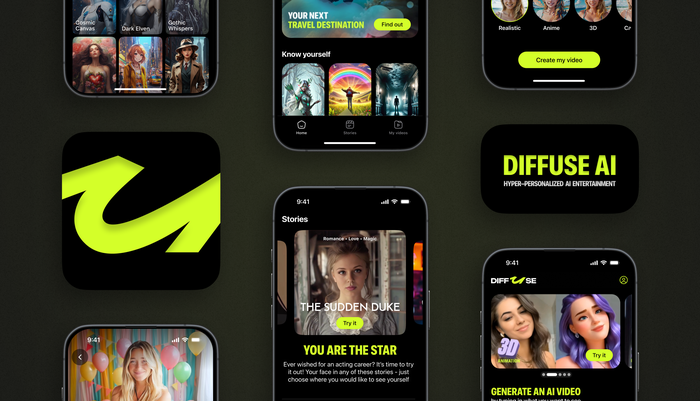How AI- and data-enabled workers are redefining the future of retail

Carrie Tharp
Vice President, Global Solutions & Industries
Retail leaders like Wayfair and Rite Aid are using cloud technologies like data and AI to empower workers so they can delight customers
I started my career in retail when I was a little girl, working at my family’s bakery and grocery store in Erie, Pennsylvania. I learned then that understanding your customers’ individual needs and giving them a great experience are the keys to success. Even in the era of ecommerce, every interaction is a two-way street between the customer and a retailer.
Today, at Google Cloud Next ‘22, our annual user conference, we shared news on how we’re proud to be working with two trend-setting retailers: Rite Aid and Wayfair. Each of these collaborations is unique, breathing new life into the retail customer experience by amplifying the capabilities of their workforce.
Rite Aid’s pharmacists and Wayfair’s software developers benefit from the ways Google Cloud’s data analytics, AI, and machine-learning (ML) technologies can maximize their time and talents. And, as we emerge from the crisis phase of COVID-19, retailers across the industry are employing the hard-won lessons from that tumultuous period to new challenges of limited staffing, unreliable supply chains, and sustaining growth.
AI and data are human force-multipliers
One of the most important advances in technology has been the way customers view AI. It plays a bigger role in people’s daily lives than ever before, powering everything from remote work, to call centers, to manufacturing priorities. AI is built into internet searches, email spam filters, online shopping, digital photo services, and more. Similarly, it is also becoming a bigger part of the retail experience in all kinds of ways.
For example, known as the destination for all things home, Wayfair has recently completed a full migration of its data center applications and services to Google Cloud.
The company now uses the cloud to better handle sudden surges in site traffic, empower their developers and engineers with more autonomy, and scale new uses of AI and ML. Through data analytics technologies, Wayfair is better able to remove technical roadblocks its developers face, enabling them to do the thing they do best: create solutions more quickly for customers and partners. With these new AI and ML capabilities, Wayfair has seen results in its ability to detect fraud, increase B2B orders, and better personalize its advertising and customer outreach.


Rite Aid is bringing Google Cloud’s computing capabilities on-site to its approximately 2,350 pharmacies nationwide. There, AI and ML will help pharmacists provide more helpful and targeted medication recommendations and track inventory. The drugstore chain is also deploying Google Cloud’s Retail Search solution, which uses AI algorithms to provide customers with more precise search results on Rite Aid’s ecommerce site and mobile app.
When you know more, you can do better
With millions of people-hours invested in AI development every year, enterprises that partner with Google Cloud can rest assured that they will have access to the most advanced AI, without having to invest in their own AI research team.
Over the last few months, two things have become increasingly clear to me: First, digital workers are no longer just people in offices. They are at-home employees, part-time collaborators, delivery service people, and frontline workers. Potentially everyone, in other words. And that “the 4-wall box” is being redefined in retail through these new digitally enabled and AI infused ways of working.
Second, AI and data analytics tools are a growing source of empowerment for customer-facing teams. Well-executed technology means more satisfied customers and more cost-effective service delivery - setting a new definition of “surprise & delight” through next-generation customer experiences. What retailer doesn’t want that?
With access to the same AI and data analytics technology Google uses in-house, retailers and businesses of all sorts can (and are) solving real-world problems. As I learned back in Erie, that's what matters most.



